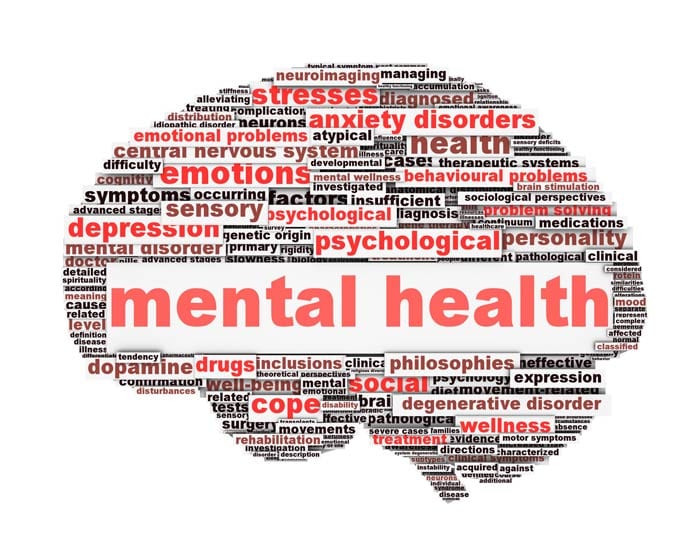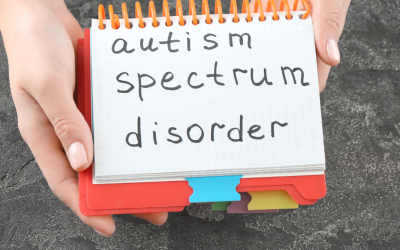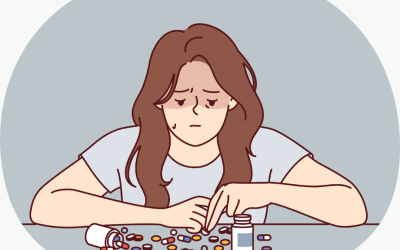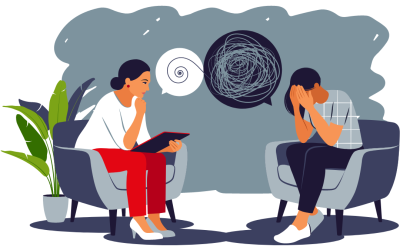Importance of mental health and ways to fix it
What is Mental Health and Some Reasons?
Mental health is our psychological, emotional, and social well-being. It affects the way we think, feel and behave. It also controls how we make choices, handle stress, or relate to others. From childhood to adulthood, mental health plays a significant role in every step of our lives. It is a vital constituent of health and well-being that reinforces individual and collective skills to build relationships, make decisions and form the world around us. It is essential not just for personal progress but for socio-economic and community development too. Mental illness exists on an intricate continuum, experienced inversely in individuals, with varying notches of distress and struggle and potentially dissimilar clinical and social outcomes.
Causes of Mental Illness
Multiple structural, social, and individual detriments in various phases of our lives combine to shift our position on the mental health spectrum or undermine our mental health. Biological and individual psychological reasons like substance use, genetics, or emotional skills make people susceptible to mental health issues. Exposure to unfavorable geopolitical, social, environmental, or economic situations like – inequality, poverty, environmental deprivation, and violence also put people on the brink of mental health issues.
Why is Mental Health Important?
Mental health issues may be common, but help is always available. Most people with a mental disorder, who have undergone treatment, have recovered completely. Positive mental health lets you work productively, realize your full potential, establish healthy relationships, cope with stresses that come your way, and make meaningful contributions to the communities you belong to.
Mental Health and Effect on Individuals, Families, and Society
Individuals – Mental disability, as discussed, varies from person to person. Hence their effect on the individuals varies too. However, there are some common effects or disorders that are seen in people suffering from mental health issues:
- Anxiety
- Bipolar Disorder where the person shuttles between depressive and maniac phases. They suffer from heightened emotions.
- ADHD or Attention Deficit Hyperactivity Disorder deprives an individual of staying focused on something.
- A panic attack is an intense fear of something bad happening.
- Depression
- Schizophrenia is having multiple personalities. It causes paranoia.
Family – As the mental health of an individual deteriorates, the lives of the family members become unpredictable and unsettled. There are several occasions when people have had to give up their recreational pursuits and even jobs to care for their near and dear ones. It can be extremely stressful to look after a family member’s mental health problems. It may rouse various emotional and somatic issues like insomnia, migraines, guilt, confusion, anger, etc.
Society – A report on mental health released by Lancet Commission in 2018 revealed that mental disorders are on the rise all over the globe. By 2030, they will cost the global economy an estimated $16 trillion. The economic cost is majorly because the loss of 12 billion working days leads to a loss in productivity. Moreover, mental illness can aggravate other public health issues, further burdening the economies and encumbering public health efforts. A WHO report from 2020 stated that approximately 13 million people inject drugs globally, and 1.7 million of them have HIV. There are several other issues besides these that mental illness impacts our society.
Mental Health Issues are on the Rise
According to WHO, there was a 13% rise in mental health issues and substance use disorders between 2007 and 2017. Suicide amongst children and adolescents ages 15 – 29 has become common – globally, this percentage is 20%. Internet or social media addiction is devouring the young crowd. A report says 64% of users spending 4 hours or more on social media have depression. More than 71% of users blame wrong information received on social media to be the cause of their mental health issues. Anxiety and depression are the most common mental illnesses. They greatly impact the relationship with friends and family members, work or school performance, and their participation in communal activities.
WHO also stated that the pandemic only worsened this causing a global surge of 25% in anxiety and depression. Fear of infection, loneliness, death and suffering, grief from the loss of loved ones, and financial issues were the leading causes. Substance abuse is one of the major causes of mental health issues worldwide, and India is no exception. A report from the WHO revealed that India had about 15% of the global mental, neurological, and substance abuse disorder burden.
The Best Ways to Fix Your Mental Health Problems
Suppose you want to fix your mental health issues or help a loved one get their life back. In that case, you must visit a skilled and experienced mental health specialist to ensure that the patient receives optimal care for the diagnosed mental illness. At Healers Institute of Deaddiction and Psychiatry (HIDP), under the guidance of Dr Pankaj Kumar, we offer holistic treatments and other customized revolutionary solutions to help people with mental health issues.
Besides receiving professional help and care, you must also try and implement some new things in life, such as socializing, learning new skills, staying physically active, etc. We may be vulnerable, but we shouldn’t be ashamed of it. It takes courage to speak the truth, but you will soon smile from within once you have achieved mental well-being. Mental health should be a priority! Take out time for it because not just yours but the lives of your loved ones also depend on it.
















